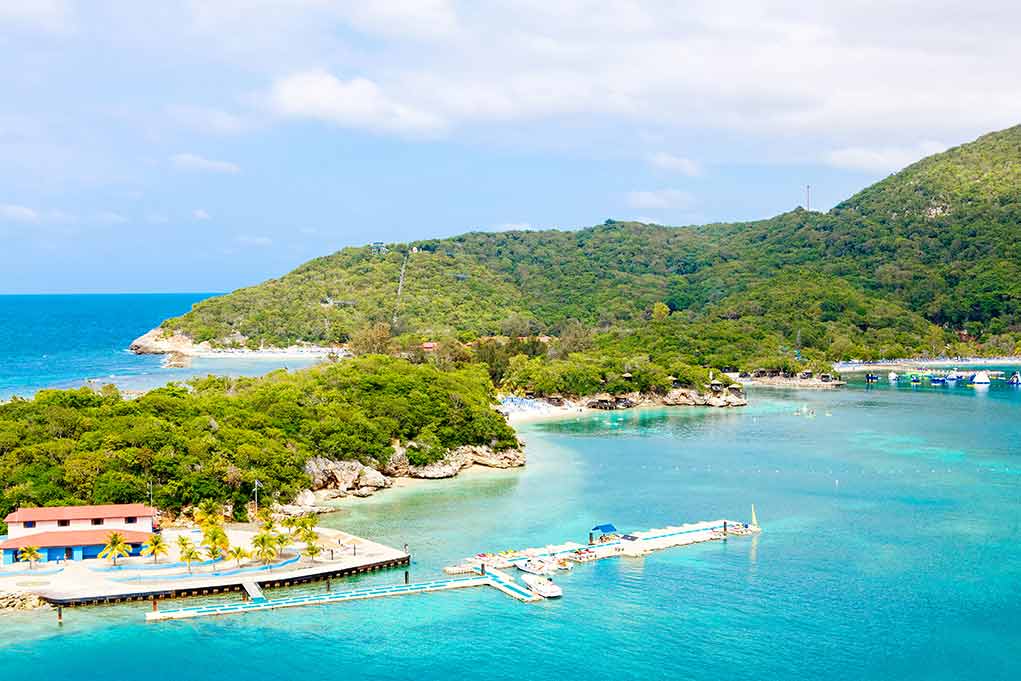
China’s growing influence in the Bahamas, just 50 miles from Florida’s coastline, presents an alarming national security threat that U.S. officials and experts are increasingly warning about.
Top Takeaways
- China has invested billions in Bahamian infrastructure and tourism projects, creating a strategic foothold just 50 miles from U.S. shores.
- Chinese-controlled properties like the British Colonial Hotel in Nassau, located directly across from the U.S. Embassy, raise significant intelligence gathering concerns.
- Security experts warn that China’s “dual-use” infrastructure could quickly be repurposed for military or intelligence operations.
- The Bahamas’ strategic importance for U.S. military testing and space launch paths makes Chinese influence particularly concerning.
- U.S. risks losing regional influence if it doesn’t counter China’s economic diplomacy in the Caribbean.
China’s Billion-Dollar Footprint Near Florida
China has established an expanding presence in the Bahamas through major infrastructure and tourism investments that mix economic development with geopolitical aims. Their strategic positioning just 50 miles from Florida’s coast has prompted military and intelligence experts to sound alarms about potential security threats. These investments include a $40 million national stadium, a $3 billion mega-port, and $40 million for the North Abaco Port and Little Abaco Bridge, dramatically increasing Beijing’s influence in the island nation.
“The People’s Republic of China has been making diplomatic, economic and even military and quasi-military inroads into the Caribbean, South and Central America for the past couple of decades,” said retired Rear Admiral Peter Brown.
Following Hurricane Dorian’s devastation in 2019, China seized opportunities to expand its footprint under the guise of reconstruction and humanitarian aid. The China EXIM Bank provided over $54 million in loans for highway projects and nearly $3 billion for the massive Baha Mar Resort, creating economic dependencies that translate to political influence. This pattern of disaster capitalism has helped China establish what experts call “dual-use” infrastructure – ostensibly commercial facilities that could quickly serve military purposes.
China is Flexing Its Muscle in the Caribbean, and That's a Problem For the United States https://t.co/822KJeTrh6 #China #Bahamas #Geopolitics
— Ward Clark (@TheGreatLander) April 28, 2025
Strategic Location Raises Intelligence Concerns
The Bahamas holds substantial strategic value for U.S. national security, serving as a critical location for military testing and space launch trajectories. Security analysts have expressed particular concern about the Chinese-controlled British Colonial Hotel in Nassau, which sits directly across from the U.S. Embassy. This positioning could potentially enable surveillance and intelligence gathering against American diplomatic operations and communications, creating vulnerabilities in an area vital to U.S. interests.
“It doesn’t take a lot of imagination for the People’s Republic of China to use its commercial footprint in the Bahamas to monitor, exploit and perhaps even do worse to [the] U.S.” said Brown.
Of particular concern are deep-water ports constructed by Chinese firms, which could potentially accommodate Chinese naval vessels. These facilities represent a potential forward operating location for Beijing in what has traditionally been considered America’s backyard, significantly altering the regional security landscape.
Part of a Larger Regional Strategy
China’s investments in the Bahamas reflect a broader pattern of influence across the Caribbean and Latin America. From 2005 to 2022, China poured over $10 billion into just six Caribbean countries, creating economic dependencies that translate directly into geopolitical leverage.
Florida Governor Ron DeSantis has responded to these threats by implementing measures to reduce Chinese influence, including laws restricting foreign technology purchases and property ownership by Chinese nationals. However, these efforts face legal challenges, with the 11th U.S. Circuit Court of Appeals temporarily halting a law banning Chinese nationals from buying property on discrimination grounds. Experts warn that if America doesn’t maintain its position as the Bahamas’ primary ally and trading partner, China stands ready to fill that void.
















